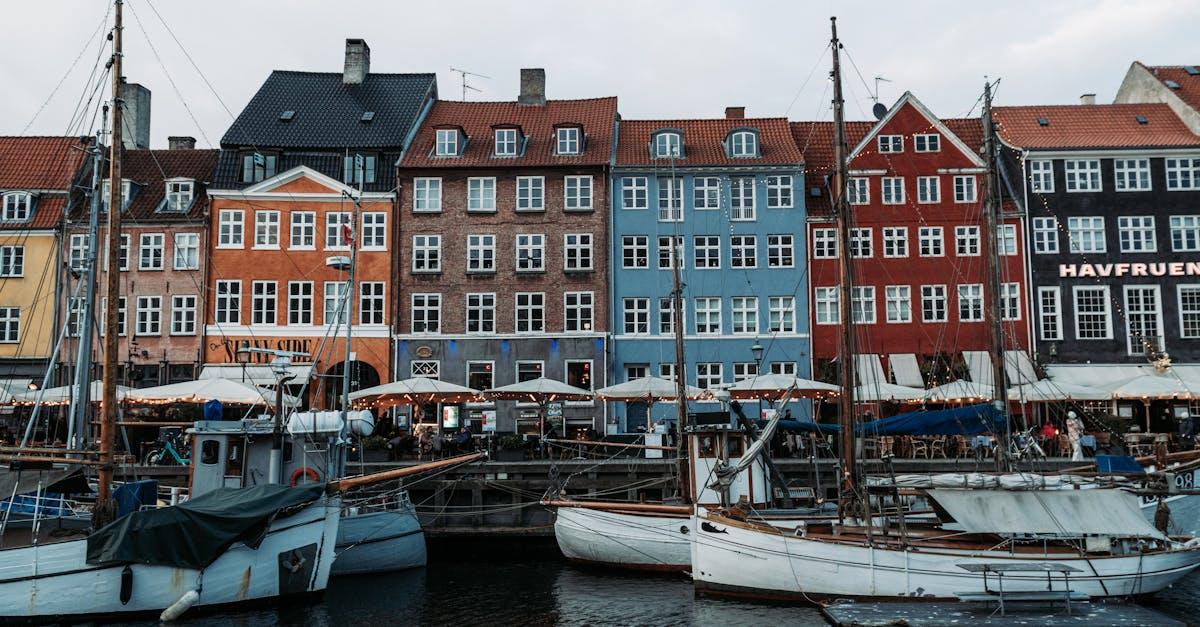Denmark is often cited in discussions about socialism, leading many to ask: Is Denmark socialist? The answer is nuanced. While Denmark implements extensive social welfare programs, it operates within a capitalist framework, making it a social democracy rather than a socialist state.
Understanding Denmark’s Economic Model
Denmark’s economy blends free-market capitalism with comprehensive social welfare policies, often referred to as the Nordic Model. This mixed economy supports a high standard of living, equitable income distribution, and economic resilience. The service sector dominates, accounting for around 80% of employment, followed by manufacturing and agriculture. Denmark’s global competitiveness is further enhanced by innovation and sustainability initiatives.
Denmark ranks consistently high in global indexes for ease of doing business and economic freedom. This shows how a strong welfare state can coexist with a thriving market economy.
Welfare State and Social Services
The Danish welfare state is a cornerstone of its social democracy, offering extensive benefits funded by high taxes. These include:
- Universal Healthcare: Every resident has access to medical services without direct costs.
- Education: Publicly funded from primary through university levels, reducing economic barriers to learning.
- Social Security: Comprehensive unemployment benefits, pensions, and child support systems ensure social safety nets for all.
Private Ownership and Market Economy
Despite robust social welfare, Denmark’s economy remains firmly capitalist. Most businesses are privately owned, and market forces largely determine the allocation of resources. Private companies drive innovation, create jobs, and compete internationally in various industries like renewable energy, pharmaceuticals, and shipping. For example, global leaders like Novo Nordisk and Maersk operate as private enterprises under this system.
Denmark’s focus on entrepreneurship and innovation highlights its capitalist foundation, even as it emphasizes inclusivity and societal well-being.
Political Landscape and Social Democracy
Denmark’s political system is built on collaboration and compromise among multiple parties. The Social Democrats, one of Denmark’s most influential political parties, promote policies that balance free markets with a strong welfare state. This approach exemplifies social democracy, which aims to combine economic efficiency with social equity.
This contrasts sharply with socialism, where the government often owns or controls production. Instead, Denmark ensures that businesses and individuals thrive while contributing to collective welfare.
Addressing Misconceptions
The perception of Denmark as socialist arises from its extensive welfare policies and egalitarian values. However, these attributes are characteristic of social democracies rather than socialism. Key distinctions include:
- Market Economy: Denmark’s reliance on private enterprise and free markets is a hallmark of capitalism.
- Limited State Ownership: Unlike socialist economies, Denmark does not centrally control industries or production.
Denmark demonstrates that high taxes and strong social policies can coexist with a flourishing, competitive economy.
Taxation and Redistribution
Denmark’s high taxation rates, which can exceed 50% for top earners, fund its welfare programs. However, this system is designed to redistribute wealth effectively, reducing inequality and supporting public services that benefit everyone. While the tax burden is high, it ensures universal healthcare, free education, and robust infrastructure.
Conclusion
So, is Denmark socialist? The answer is no. Denmark is a social democracy that successfully integrates free-market principles with a comprehensive welfare state. This model ensures economic growth, innovation, and social equity, making Denmark one of the world’s most prosperous and livable nations.
For more insights, visit The Danish Dream’s article on whether Denmark is socialist. Denmark’s unique approach shows how a well-balanced economic and social system can achieve sustainable growth while prioritizing the well-being of its citizens.



